The Mysterious Expansion of Kenya's Rift Valley Lakes
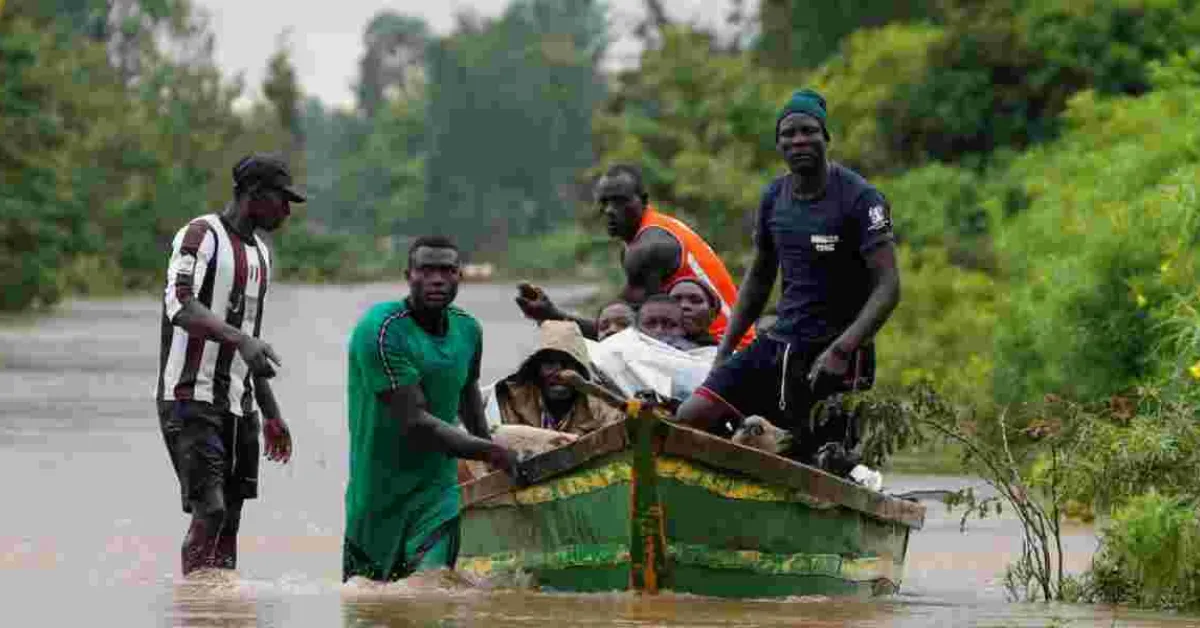
The humanitarian crisis in Turkana County, Kenya, has reached critical levels as Lake Turkana's rising waters displace thousands of families.
Mary Esekon, a mother of eight, exemplifies the plight of many, having been forced to relocate five times from her home in Imprezza village. The flooding has not only submerged residences and businesses but also educational institutions, leaving children without access to schooling and families bereft of their possessions and livelihoods. Area Chief Stephen Jamada reports that approximately 3,000 families are affected, with ten villages bearing the brunt of this calamity. The crisis extends beyond immediate displacement, as long-established fishing communities are compelled to abandon their traditional way of life, often reverting to pastoralism in their ancestral lands.
The urgent needs of these displaced populations include safe shelter, sustenance, clothing, and medical care. This phenomenon is not isolated to Lake Turkana but is part of a broader trend affecting other Rift Valley lakes such as Baringo, Bogoria, and Nakuru. Environmental expert Raphael Kimosop attributes the drastic rise in water levels to a confluence of factors including heavy rainfall, human-induced siltation, and tectonic activity. The earth's increasing saturation has led to heightened runoff, overwhelming the region's water management capabilities. Professor Simon Onywere from Kenyatta University elucidates that the degradation of watersheds, particularly in areas like Cherangany, contributes significantly to the problem.
Intensified rainfall results in elevated runoff, rapidly filling lakes and causing systematic flooding. This disruption extends beyond human settlements, impacting local ecosystems and wildlife. Humanitarian organizations, including the Salvation Army, have mobilized to provide aid to affected communities. Emergency Service Officer Benjamin Omuga emphasizes the urgency of relief efforts as climate-driven disasters continue to unfold. The distribution of food parcels and supplies offers temporary respite to families grappling with the loss of homes and livelihoods.
The educational sector has been particularly hard-hit, with many students forced to attend classes outdoors or under trees, leading to decreased enrollment rates. Major Hudson Muhalia of the Salvation Army has called for government intervention to facilitate the relocation of affected families, especially in light of forecasts predicting further rainfall. The tourism industry has not been spared, with rising waters engulfing properties and amenities near the lakes, resulting in estimated losses in the billions. Notable establishments such as Soi Safari Lodge and Roberts Camp have sustained significant damage, further destabilizing the region's economy.
A 2020 report jointly compiled by the Kenyan Government and the United Nations Development Programme attributes the rising water levels to a combination of climate change, geological shifts, and unsustainable land-use practices. Research conducted over a decade reveals alarming increases in lake sizes, with Lake Turkana expanding by 10 percent and Lake Baringo by over 108 percent.




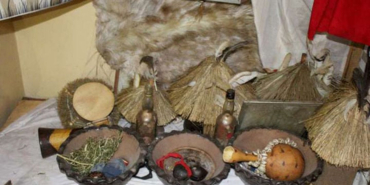
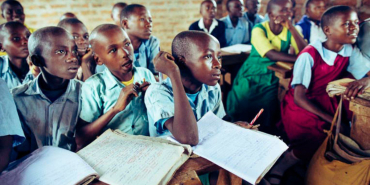
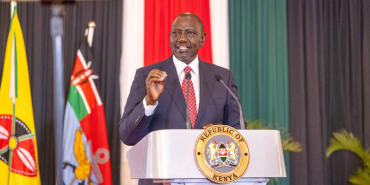
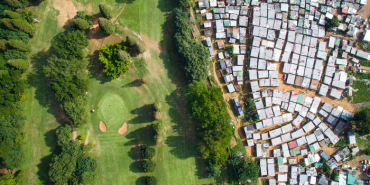
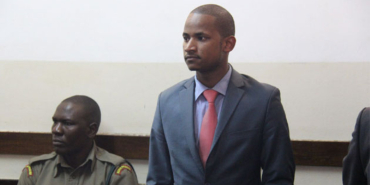
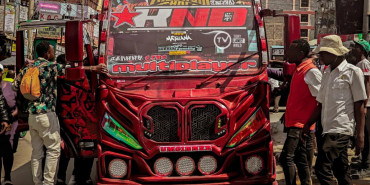




Comments
Geologists should allowed to…
Permalink
Geologists should allowed to move to Rift valley regions to access the rifts and sink holes and demarcate where to build and where not to because the drift is already happening on the ground and how safe from the great rift valley lakes because it's of National concern and for prevention of future casualties and loss of property by falling of tall buildings
Add new comment